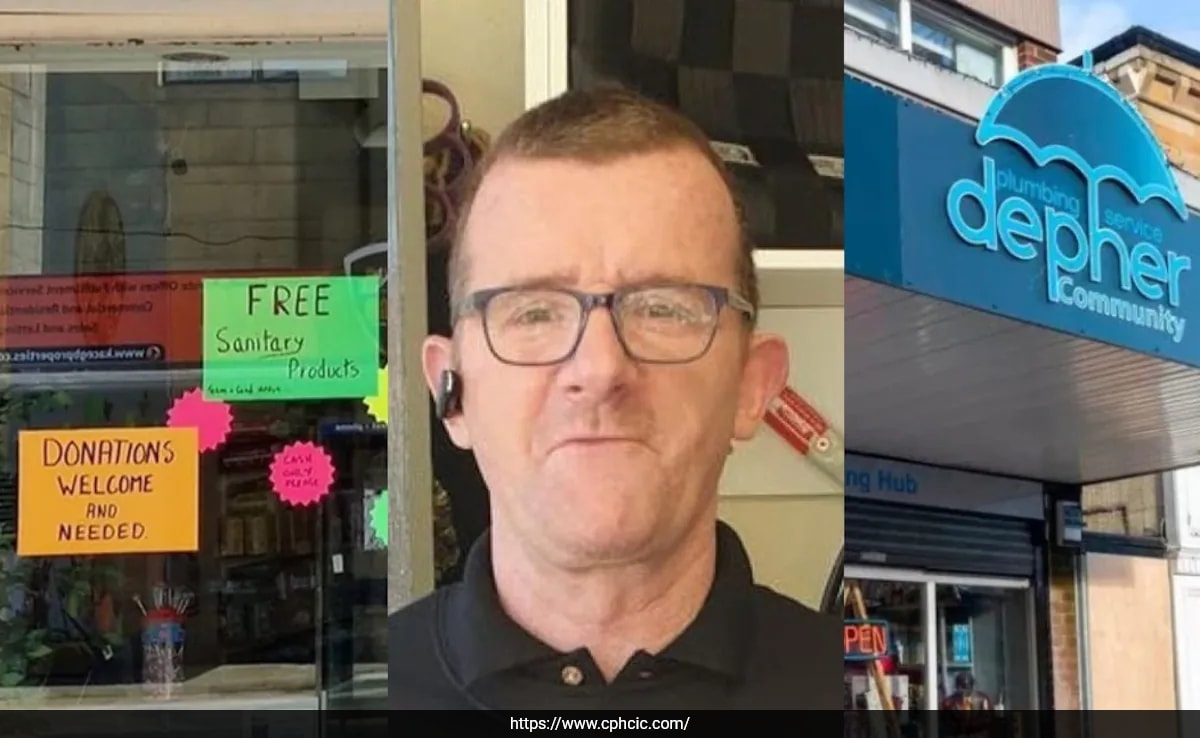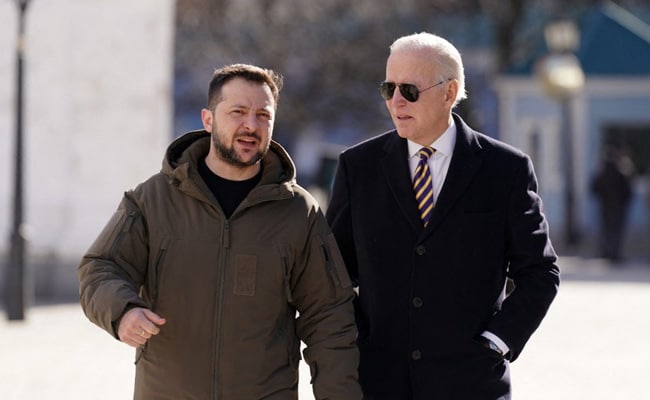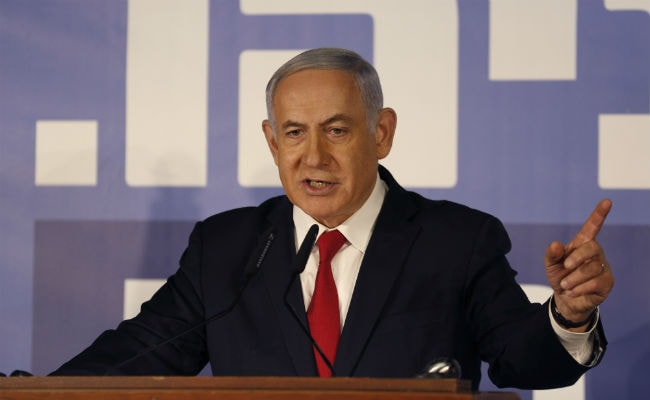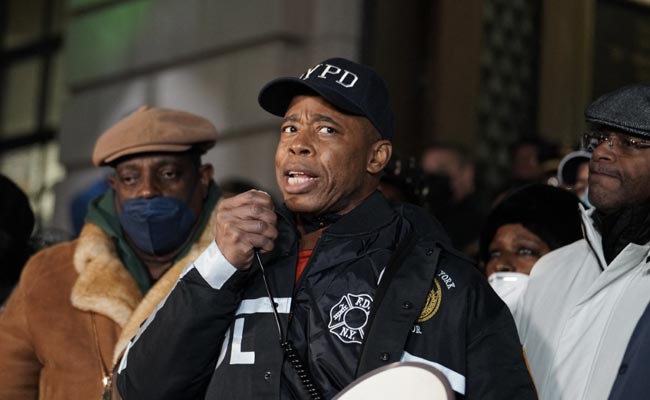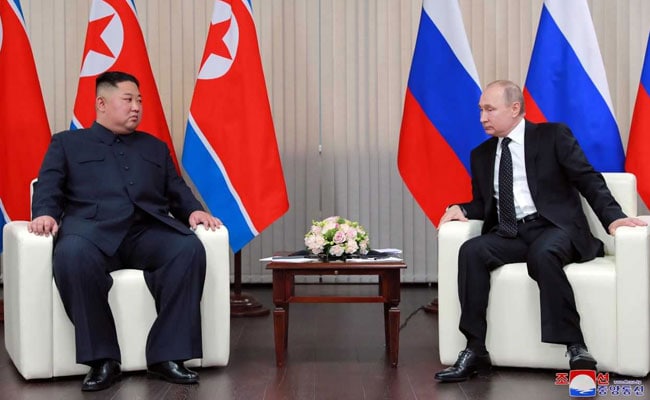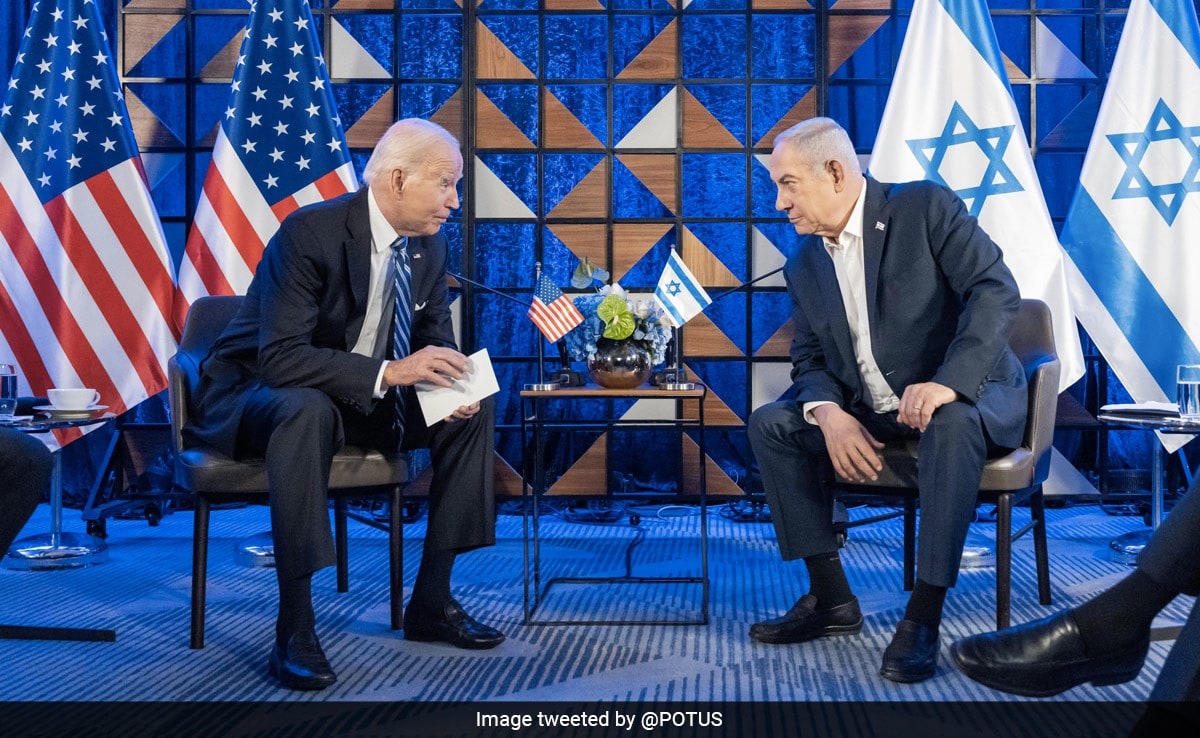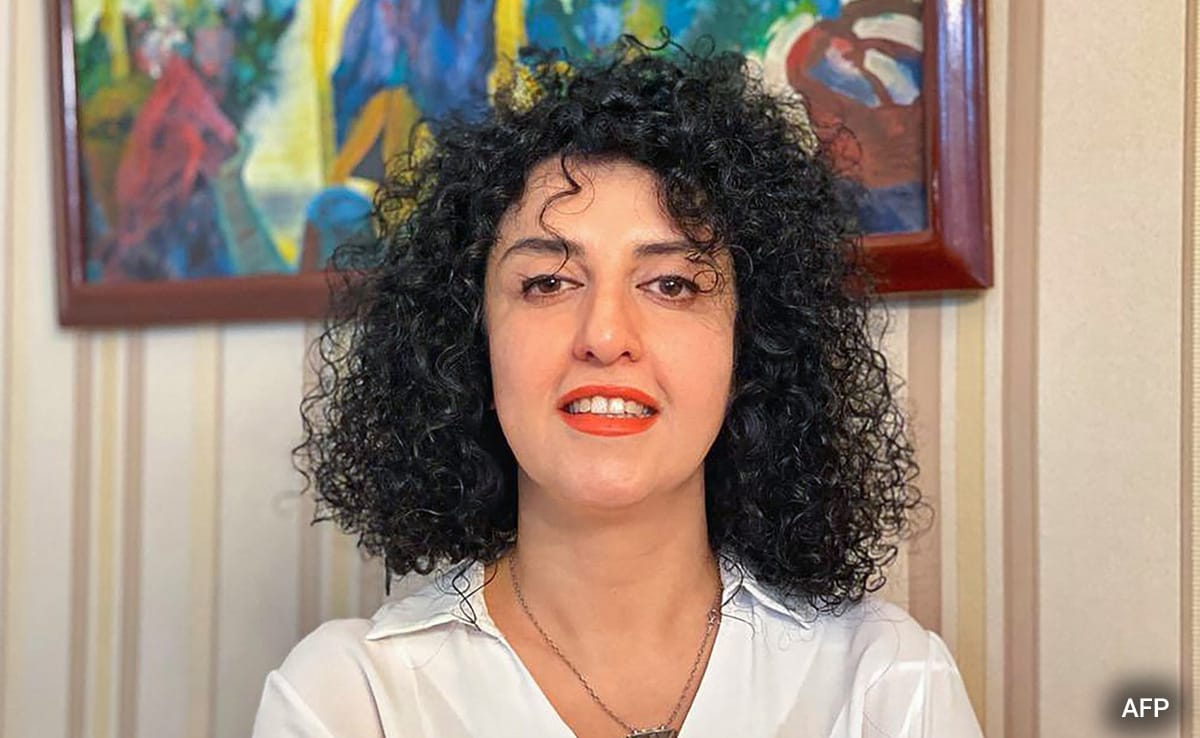In their opening statement at Donald Trump’s criminal trial, the prosecutors seeking to win the first-ever criminal conviction of a sitting or former U.S. president made a bold prediction: they would have hard evidence to back up testimony from Michael Cohen, the star witness branded a liar by the defense.
Over the next several weeks, jurors heard testimony from insiders at Mr. Trump’s real estate company, his 2016 presidential campaign, and his White House that methodically backed up the two core elements of Manhattan District Alvin Bragg’s case: that Mr. Trump was aware of a “catch-and-kill” conspiracy to buy the silence of people with negative information before the election, and that he was involved in a cover-up of Cohen’s hush money payment to a porn star.
That testimony — coupled with evidence such as bank records, emails and a surreptitious recording of Trump speaking about a hush money payment — culminated in the 12-member jury finding Mr. Trump guilty of criminal charges.
Its verdict: He illegally falsified business records to hide his reimbursement to Cohen for the $130,000 Cohen paid to buy the silence of porn star Stormy Daniels before the 2016 election about an alleged sexual encounter she had with Trump in 2006.
To be sure, jury deliberations are secret and the reasoning behind the decision to convict will not be clear unless any jurors decide to speak publicly. Trump is almost certain to appeal his conviction.
Cohen testified at the trial in New York state criminal court in Manhattan that the reimbursement payments were falsely labeled as legal retainer fees in Trump’s family real estate company’s books. Cohen said Trump directed him to pay off Daniels, and that he would not have done so without getting paid back.
“He stated to me that he had spoken to some friends, some individuals, very smart people, and that: ‘It’s $130,000. You’re like a billionaire. Just pay it,’” Cohen said on May 13. “And he expressed to me: ‘Just do it.’”
The verdict vindicated Bragg, the Manhattan district attorney who was criticized by both Trump’s fellow Republicans and some of Bragg’s fellow Democrats for bringing a case involving well-known allegations of sexual impropriety, even if the transaction that mattered was financial.
Bragg argued the case was truly about an effort to corrupt the 2016 election – not sex.
“It was the subversion of democracy,” prosecutor Joshua Steinglass said in his May 28 closing statement. The “catch-and-kill” conspiracy, he said, was meant “to manipulate and defraud the voters, to pull the wool over their eyes in a coordinated fashion.”
The case is widely viewed as less consequential than the other three criminal cases Mr. Trump faces on charges over efforts to overturn his 2020 election loss to Democratic President Joe Biden and his retention of sensitive government documents after leaving the White House in 2021.
Mr. Trump has pleaded not guilty in the other three cases, which are unlikely to reach juries before his Nov. 5 election rematch with Mr. Biden.
‘Out of character’
One challenge for Bragg’s case was Cohen’s credibility. Cohen went to prison after pleading guilty in 2018 to violating campaign finance law with the payment to Daniels and lying to Congress in 2017 about a Trump Organization real estate project in Russia. Trump’s lawyer Todd Blanche hounded Cohen on cross-examination about his lies to journalists and an instance in which he stole from Trump’s company.
So prosecutors needed plenty of evidence backing up Cohen’s testimony that Trump was aware of Cohen’s payment to Daniels, which they argued was part of a broader conspiracy to buy the silence of people with potentially negative information about Trump in violation of campaign finance laws.
Jurors did not have to rely solely on Cohen’s testimony to accept that Trump intended to conceal that alleged conspiracy by labeling his 2017 payments to Cohen as legal retainer fees.
David Pecker, the then-publisher of the National Enquirer tabloid, testified that he agreed at an August 2015 meeting with Trump and Cohen to be the campaign’s “eyes and ears” for women coming forward with unflattering stories about Trump.
Jurors heard a tape Cohen surreptitiously recorded of Mr. Trump on Sept. 6, 2016, discussing a hush money payment Pecker’s company made to Karen McDougal, a Playboy model who says she had a year-long affair with Trump in 2006 and 2007. Trump denied having ever had a sexual relationship with her or with Daniels.
Jurors saw phone records showing Cohen had several calls with Trump and his bodyguard Keith Schiller – whom Cohen said would hand his phone to Trump – around the time of frantic negotiations with Daniels’ lawyer over the payment in October 2016.
In some of his most damning testimony, Cohen said he, Mr. Trump and then-Trump Organization Chief Financial Officer Allen Weisselberg discussed the repayment plan in a January 2017 meeting shortly before Trump’s inauguration as president.
Weisselberg, who is serving a five-month jail sentence after pleading guilty to perjury in a separate case, did not testify for either side at the trial. But jurors saw Weisselberg’s handwritten notes – jotted down on a copy of the wire transfer receipt for Cohen’s payment to Daniels’ lawyer – with instructions as to how Trump Organization controller Jeff McConney should pay Cohen. McConney testified that he understood the payments to be a reimbursement for Cohen, not legal fees.
Hope Hicks, a former communications aide of Trump’s, recalled Trump telling her that Cohen paid Daniels “out of the kindness of his own heart” – consistent with the defense’s efforts to distance Trump himself from the hush money deals.
But Hicks expressed skepticism of that claim.
“That,” Hicks testified on May 3, “would be out of character for Michael.”


